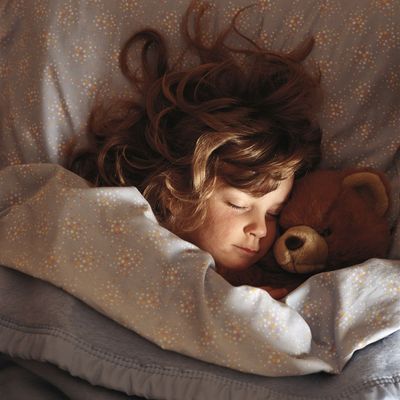
The unfortunate reality is that you can do everything you’re supposed to do in order to get a good night’s sleep — put away your phone and your laptop, keep your feet outside the covers, cut out caffeine several hours before bed — and still end up staring at the ceiling long after you turn out the lights. Here’s the problem: For all the tips the experts have to offer, they still haven’t figured out a way to stop the slow march of time — and as pretty much anyone past college age can attest, growing older means getting worse at sleeping soundly. The amount of deep sleep you get each night begins to decline in your late 20s, regardless of how long you’re actually unconscious; by age 50, as Claire Maldarelli recently noted in Popular Science, you spend just half as much time in deep sleep as you did 30 years before.
If you can’t beat it, though, at least you can try to understand it. In a review paper published this week in the journal Neuron and highlighted by Popular Science, a team of researchers identified one possible cause: As you age, your brain becomes worse at knowing when you’re tired.
Specifically, they argued, the neurological receptors that pick up the chemicals that signify fatigue decrease over time, leaving you with a sleepy body and a brain that won’t shut off to accommodate it. “It’s almost like a radio antenna that’s weak,” co-author Matthew Walker, a professor of neuroscience and psychology at the University of California, Berkeley, said. “The signal is there, but the antenna just can’t pick it up.” The bad news is, there’s not really anything you can do to stop that process; the good news, however small a comfort, is that at least all those other research-backed tips and tricks are better than nothing.




